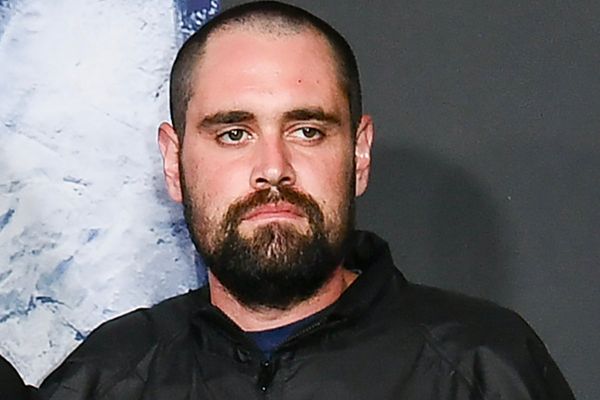
In handing down last week the much-anticipated Legislative Council report from the inquiry into "Health outcomes and access to health and hospital services in rural, regional and remote NSW", the committee chair said "the delivery of health services in NSW is a joint responsibility between the Australian and NSW governments.
In simple terms, the Australian Government is responsible for the provision of GP services, and the state government responsible for the public hospital system".
Therein lies the problem in many of the issues facing our health system, from the funding for GP after-hours services in the Hunter, to GP workforce shortages in regional and rural areas and other complex issues.
The GP after-hours service operating in the Lower Hunter for more than 20 years by Hunter Primary Care (HPC) has been funded by both the federal and NSW governments, plus Medicare rebates from bulk billing patients seen in the clinics.
It has been widely reported that the NSW contribution to GP Access was withdrawn this year. In response, the HPC board reluctantly decided to reduce services from January. In reaching that difficult decision, HPC was determined to maintain an equitable level of services across the region within funding constraints.
The local health district continues to provide a valued level of in-kind support.
Another cloud on the horizon stems from a review of after-hours programs by the federal Department of Health.
The report from this review included a case study of the GP Access program in the Lower Hunter. It noted that GP Access had a high degree of trust and support; had strong collaboration with GPs and other local providers; potential existed to expand the triage service, tele-GP and provider supports; and, scope existed for further integration of GP Access and EDs (emergency departments).
Despite these observations, the report recommends that "over five years the department transition allocations for Hunter New England and Central Coast PHN to the level indicated by the program funding formula". On current estimates, this could reduce the funding to GP Access at the end of year five by about $3 million from the current level of funding.
The review noted the potential to expand triage services. The nurse-led telephone-based triage service is a key feature of GP Access. It directs callers to the level of care that matches their immediate medical need by providing telephone clinical advice from a registered nurse or GP. This could be an appointment with the nearest after-hours clinic, direct the caller to their nearest ED or give the caller peace of mind that the issue could be dealt with at the chemist or their GP the next day. The service manages about 70,000 calls a year.
This triage service also supports a separately funded program supporting nine EDs and 91 residential aged care facilities (RACFs) across Hunter New England, and avoids unnecessary ED presentations. A 2015 study by HMRI showed that this service saved the health system about $1.3million annually in fewer ED presentations and lower ambulance use.
A funding reduction to GP Access will affect this crucial telephone-based triage service, putting at risk this support for RACFs and the savings to the health system.
In 2019-20 GP Access clinics treated almost 50,000 patients. This was slightly down on previous years due to the impact of COVID from March 2020. Overall, GP Access managed about 83,000 patients in 2019-20, including the telephone triage service, walk-ins to the GP clinics plus patients re-directed from ED to a clinic.
A recent HMRI study commissioned by HPC found that, without these clinics, there would have been an estimated 40,870 additional ED presentations that year. These would mostly be low-acuity cases that don't need to be adding to the strain on the dedicated workforce in emergency departments and the bed block, or ramping issues faced by hospitals.
The HMRI study found that the cost to the health system of providing alternative services in the absence of GP Access would have been $16,456,780 in 2019-20. Direct government funding for the service in that year was $4,617,198, so there was a net saving to the health system, before accounting for Medicare rebates, of $11,832,000 - a cost benefit ratio of 2.56 on that direct funding.
We know the community values the service.
The HMRI study surveyed almost 700 service users and found that 95 per cent were very likely to recommend the service to a close colleague or friend.
Australia's Primary Health Care 10 Year Plan includes a recommendation that "over time, Primary Health Network and Local Health Networks should be required to develop joint regional plans and collaborative commissioning approaches for After Hours care pathways".
This will require a new level of federal-state collaboration.
There are many competing demands on the increasingly stretched health budgets. However, here we have a crucial and valued service that is shown to be saving the health system millions each year and delivering better outcomes for the community.







